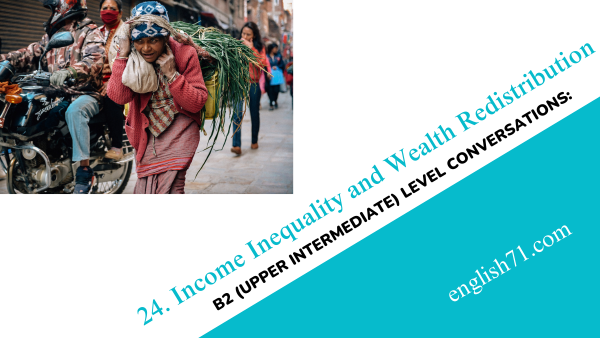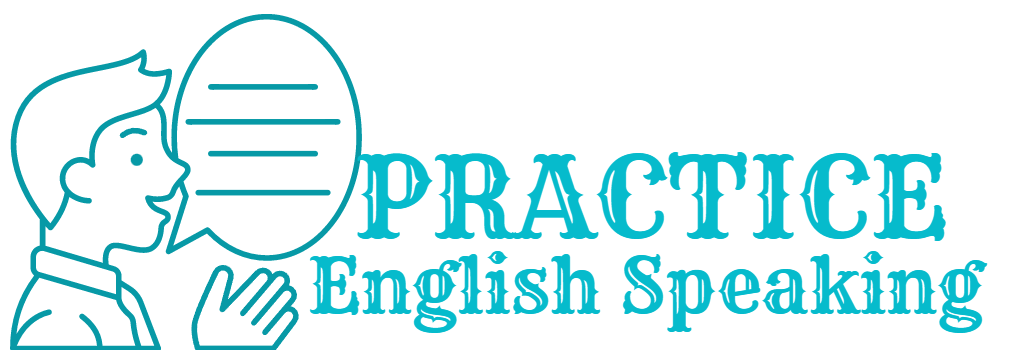B2 (Upper Intermediate) level Conversations: (24) Income Inequality and Wealth Redistribution

Ranbir: Hey Sana, have you been following the discussions on income inequality and wealth redistribution lately?
Sana: Absolutely, Ranbir. It’s a pressing issue globally. The gap between the rich and the poor seems to be widening. What are your thoughts on it?
Ranbir: Well, it’s concerning. The disparity in income and wealth often leads to social and economic imbalances. I’ve read about various proposals for wealth redistribution. Do you think it’s a viable solution?
Sana: It’s a complex issue, Ranbir. While wealth redistribution can address immediate needs, long-term solutions involve systemic changes. Education, healthcare, and job opportunities play a crucial role.
Ranbir: True, Sana. Access to quality education can break the cycle of poverty. But then, there’s also the debate on taxing the wealthy more. What’s your take on that?
Sana: Taxing the wealthy at a higher rate could fund social programs, but it needs careful consideration. Striking the right balance is crucial to ensure economic growth while addressing social inequalities. What about universal basic income?
Ranbir: UBI is an interesting concept. It provides financial security, but critics argue about its feasibility and potential impact on work incentives. It’s a delicate balance between supporting citizens and maintaining a thriving economy.
Sana: Agreed. The root causes often lie in structural issues. Companies focusing on profit maximization sometimes neglect fair wages. Implementing fair labor practices could be a step towards narrowing the income gap.
Ranbir: That’s a valid point, Sana. Corporate responsibility is essential. I’ve seen discussions on stakeholder capitalism, where companies consider the interests of all stakeholders, not just shareholders.
Sana: Absolutely. A shift in corporate culture towards social responsibility could lead to more equitable outcomes. It’s heartening to see some companies already adopting sustainable and inclusive business practices.
Ranbir: True, and public awareness plays a role too. When consumers support businesses committed to social and environmental responsibility, it sends a powerful message.
Sana: Exactly. It’s about making informed choices and advocating for policies that promote economic justice. Governments also play a vital role in creating an environment where wealth is distributed more equitably.
Ranbir: Advocacy and grassroots movements are crucial for pushing these conversations forward. Change often starts at the community level.
Sana: Absolutely, Ranbir. It’s inspiring to see individuals and organizations working towards a fairer and more just society. Let’s hope for more positive strides in addressing income inequality.
Ranbir: Indeed, Sana. It’s a complex journey, but every step towards a more equitable future is worth taking.



Summary:
Ranbir and Sana engage in a thoughtful discussion on income inequality and wealth redistribution. They explore various aspects, including the widening wealth gap, potential solutions like universal basic income and higher taxes for the wealthy, and the importance of systemic changes such as fair labor practices and corporate social responsibility. Both emphasize the need for informed consumer choices, advocacy, and governmental involvement to create a more equitable society. The conversation highlights the complexities of the issue and the importance of addressing root causes for meaningful change.

